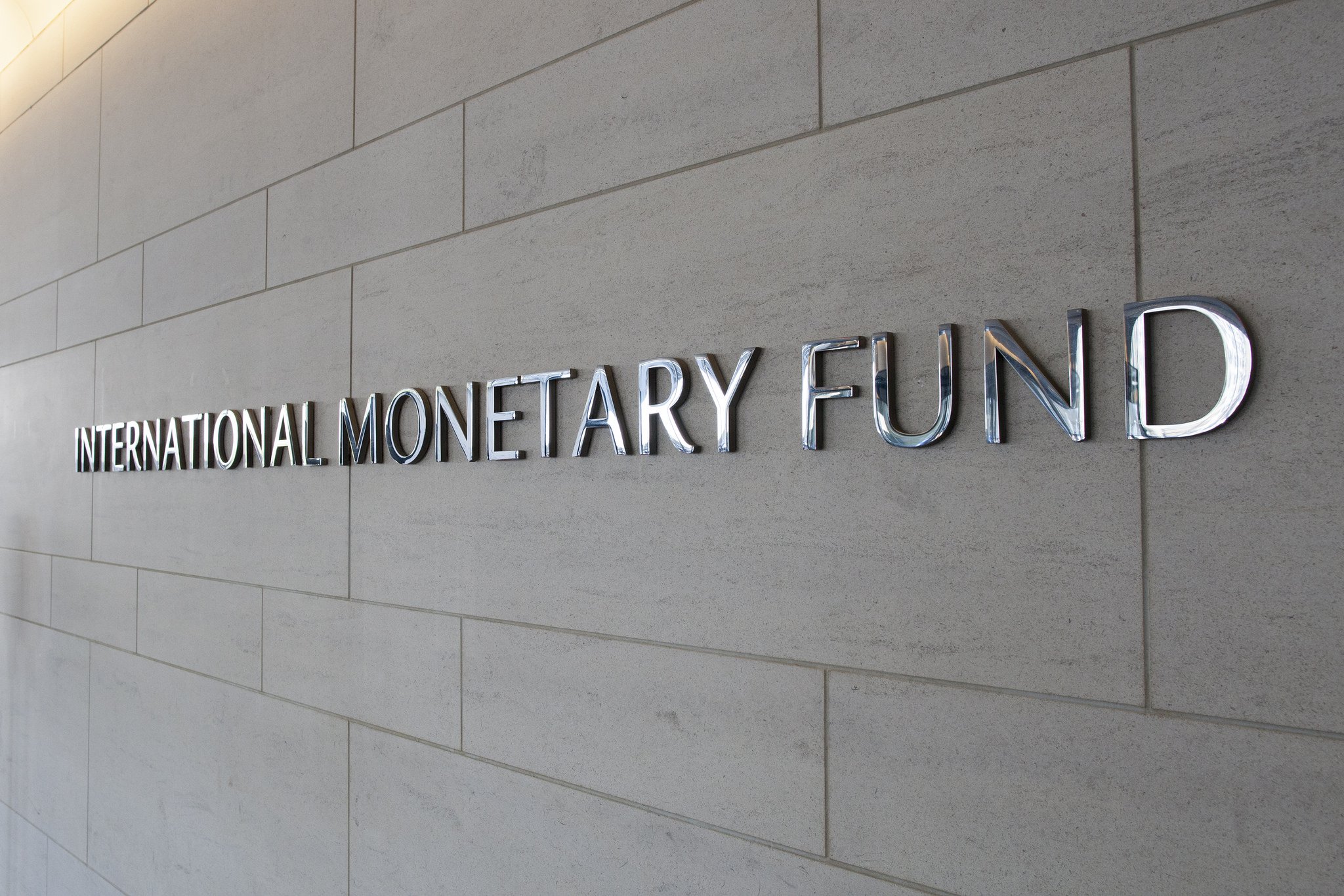The International Monetary Fund (IMF) is evaluating its work in fragile states. I recently joined one of their regional consultations. It struck me that the IMF needs to further adapt its approach in the most fragile states in three key areas: where IMF staff are allowed to visit, how it approaches capacity building and the overall structure of its early engagement.
IMF staff need to be able to travel to more fragile states
It is extraordinary that for security reasons IMF mission staff cannot visit critical fragile states like Somalia and Afghanistan. World Bank staff can. UN staff can. UK officials can. Even ODI staff can. The IMF management’s rhetoric is strong on the importance of fragile states but the organisation’s continued absence in a few key fragile states makes a mockery of this claim – and of the commitment to treat all members even-handedly. This absence also undermines the IMF’s own fragile state guidelines which stress the need for ‘a deeper understanding of the political context’. Non-IMF representatives, speaking under the Chatham House rule at the consultation, seemed to agree that the IMF has the necessary security systems and funding in place. The constraint appears to be one of internal management.
As the tragic death of the much appreciated IMF resident representative in Afghanistan reminded us, such engagement is inherently risky. So of course no one is suggesting that individual IMF staff must be required to visit dangerous places. As with staff of other institutions, such visits must be on a voluntary basis.
All other international agencies have, however, worked out how to manage the risks and find staff willing to go. It is unacceptable that a global institution of the scale and importance of the IMF has yet to solve this problem. Their shareholders should be very concerned that they have tolerated the IMF’s failure to resolve this. If the evaluation changes only one thing it should be this basic reform.
A more flexible approach to capacity building is needed
IMF technical assistance tends to be delivered by experts focused on just one area. Yet fragile states often need much more flexible support – as ODI’s own experience has shown and research on doing development differently has highlighted. The most fragile states have very limited capacity and engage with only a few policy issues at any one time. In these countries it would be better to have advisors with a general skill set and a flexible remit to respond to the most pressing issues.
A new instrument to structure early engagement is needed
The ground level entry point for the IMF’s formal support for any country is a staff monitored programme. But this can only start once the IMF is reasonably confident a country has the capacity to develop and implement a standard IMF programme. This is not a realistic immediate prospect for the most fragile states such as Syria, Libya or South Sudan. I propose that the IMF could offer these countries a Staff Benchmarked Policy Framework. This would not be a funded IMF programme, it would allow the authorities to identify a set of macroeconomic and financial management targets that the country wants to make progress on. The issues and targets would be very specific to the country context and might well focus on addressing the key causes of past conflict. There would be no global blueprint for either the set of issues or the level of ambition of the specific targets. Authorities would ask the IMF to benchmark their progress against the set of countries that they wished to emulate. The IMF would then work to measure progress and provide assurance to national parliaments, the public and donors that any government’s claims of progress were justified. Such a framework would enable the IMF to engage with authorities and support the development of a key part of any national dialogue that needs to emerge post conflict.
Some IMF mission chiefs are probably already doing this informally and the design of the new instrument should draw on their experience. Providing a formal framework structure would give the IMF a clear role in public engagement and debate; and enable the country to benefit from experience in other fragile states.
All development agencies recognise that fragile states pose the greatest challenges and are the priority. The IMF is urgently needed to play its specialised role in accelerating their transition out of fragility into resilience. Developing transparent accountable and effective systems for basic financial and economic management are key functions for any country. It is a key challenge for countries rebuilding themselves after traumatic conflicts. And the first thing the IMF needs to do is to be there.

